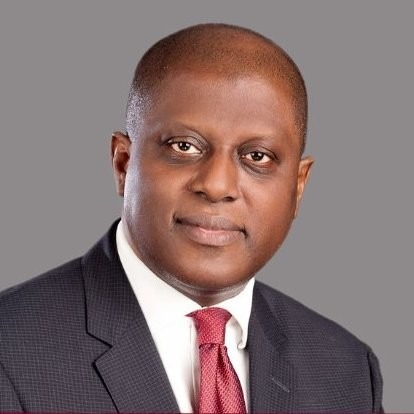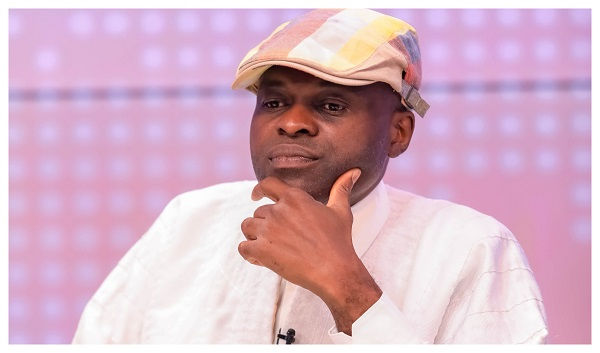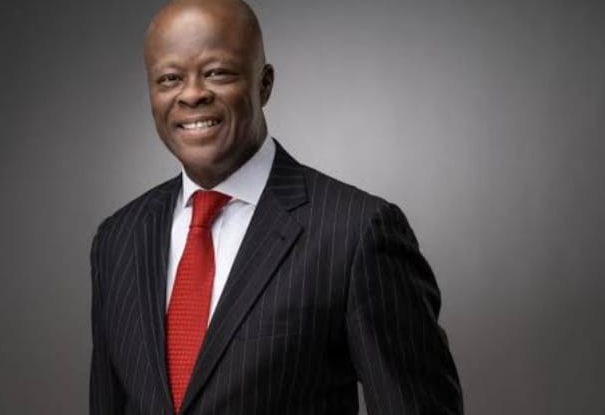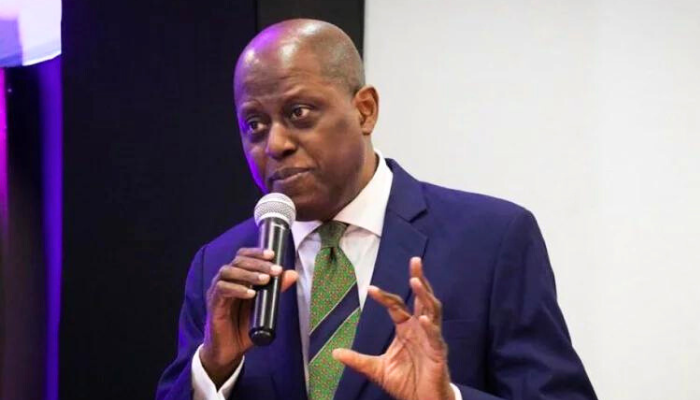Nigeria Reports Significant Balance of Payments Surplus

Nigeria's economic landscape has shown a significant turnaround, with the Central Bank of Nigeria (CBN) reporting a Balance of Payments (BOP) surplus of $6.83 billion for the 2024 financial year. This marks a substantial improvement from the deficits of $3.34 billion in 2023 and $3.32 billion in 2022. The CBN attributes this positive shift to wide-ranging macroeconomic reforms, a stronger trade performance, and renewed investor confidence in the Nigerian economy.
The BOP measures the financial transactions between a country and the rest of the world, reflecting the inflow and outflow of money. The surplus indicates that more money flowed into Nigeria than out, signaling a positive economic trend.
Several factors contributed to this surplus. The current and capital accounts recorded a surplus of $17.22 billion, driven by a goods trade surplus of $13.17 billion. Notably, petroleum imports decreased by 23.2% to $14.06 billion, while non-oil imports fell by 12.6% to $25.74 billion. On the export side, gas exports saw a significant rise of 48.3% to $8.66 billion, and non-oil exports increased by 24.6% to $7.46 billion.
Remittance inflows remained robust, with personal remittances rising by 8.9% to $20.93 billion. International Money Transfer Operator (IMTO) inflows surged by 43.5% to $4.73 billion, up from $3.30 billion in 2023, indicating stronger engagement from the Nigerian diaspora. Official development assistance also increased by 6.2% to $3.37 billion.
Nigeria also recorded a net acquisition of financial assets totaling $12.12 billion. Portfolio investment inflows more than doubled, increasing by 106.5% to $13.35 billion, while resident foreign currency holdings grew by $5.41 billion, reflecting increased confidence in domestic economic stability. Although foreign direct investment fell by 42.3% to $1.08 billion, the overall financial account posted notable gains. The country's external reserves increased by $6.0 billion to $40.19 billion by year-end 2024, further bolstering its external buffer.
The CBN also highlighted improvements in data integrity, with net errors and omissions narrowing significantly by 79.5% to negative $5.10 billion in 2024, down from $24.90 billion in 2023. This improvement reflects substantial gains in data availability and capture, enhancing data accuracy, transparency, and overall reporting integrity.
CBN Governor Olayemi Cardoso stated that the positive turnaround in Nigeria's external finances is evidence of effective policy implementation and a commitment to macroeconomic stability. He emphasized that the surplus marks an important step forward for Nigeria's economy, benefiting investors, businesses, and everyday Nigerians.
The CBN also noted that the liberalization and unification of the foreign exchange market, a disciplined monetary policy approach to managing inflation and stabilizing the naira, and coordinated fiscal and monetary measures have all contributed to enhanced competitiveness and investor sentiment.
President Bola Tinubu's administration has implemented several reforms since coming into office in 2023, including ending costly petrol and electricity subsidies and devaluing the naira currency to boost Nigeria's sluggish output. The current focus is on overhauling the state oil firm and tax system to boost revenue and efficiency.











